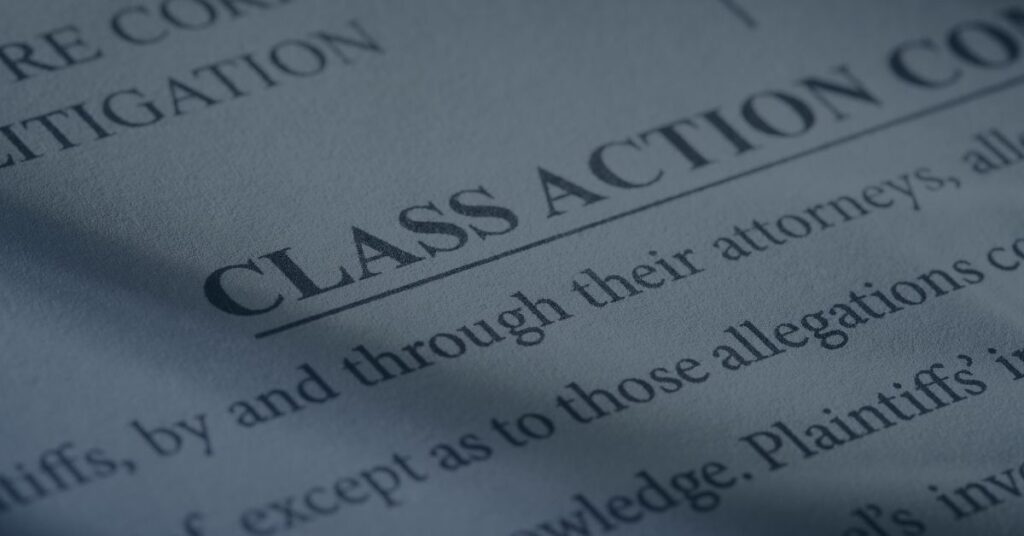When a company produces a defective product or commits some other type of wrongdoing, it can have a devastating effect on the lives of its customers. Class action lawsuits allow these individuals to band together and seek justice. However, certain requirements must be met for a class action to be certified.
What is a Class Action Lawsuit?
A class action lawsuit is a type of legal proceeding in which a group of people with common interests file a lawsuit together. One or more lead plaintiffs typically represent the group, and the lawsuit is filed against a defendant or defendants accused of wrongdoing.
What are the Requirements for a Class Action Lawsuit?
The requirements for a class action lawsuit vary by jurisdiction, but there are generally three elements that must be met:
- There must be a large group of people with common interests who have been harmed in a similar way by the defendant.
- It must be more efficient and practical to file a class action lawsuit rather than each individual member of the class filing their own separate lawsuit.
- There must be some legal or factual issue that is common to all members of the group.
Claims That Can Be Considered Class-Action
Class action lawsuits are often used in cases where there has been widespread harm, such as when a company produces a defective product that injures many people. They can also be used to challenge discriminatory practices or illegal actions that affect a large number of people.
For example, in recent years, infant formula manufacturers have been under intense scrutiny for their negligence in allowing certain amounts of heavy metals and bacteria in their products.
How Does the Class Action Lawsuit Process Work?
The class action lawsuit process typically begins when one or more lead plaintiffs file a complaint against the defendant. The complaint will allege the harm that was suffered and set forth the legal basis for the lawsuit. Once the complaint is filed, the court will decide whether to certify the case as a class action. If the case is certified, all class members will be notified of the lawsuit and given the opportunity to opt out of the case if they do not wish to participate.
The lead plaintiffs will then work with their attorneys to prepare for trial. This may involve conducting discovery, which is the process of exchanging information between the parties. Once discovery is complete, the case will go to trial, and the jury will decide whether or not the lead plaintiffs have proven their case.
What are the Benefits of Filing a Class Action Lawsuit?
There are many benefits of filing a class action lawsuit:
- It allows a large group of people to pursue their legal claims together, which is often more efficient and practical than each individual member of the class filing their own separate lawsuit.
- By pooling resources and sharing the costs of litigation, class action lawsuits can make it possible for people with limited financial resources to pursue claims that they otherwise would not be able to afford.
- Class action lawsuits provide a mechanism for holding wrongdoers accountable and deterring future wrongdoing by sending a message that such behavior will not be tolerated.
Looking for a Defective Product Attorney in Ft. Lauderdale?
At Schlesinger Law Offices, P.A., our product liability attorneys are committed to protecting the rights of consumers who have been harmed by defective products. We have extensive experience pursuing class action lawsuits on behalf of our clients, and we will fight tirelessly to help you recover the full extent of damages you are entitled to. If you have been injured by a defective product, we encourage you to contact us today for a free consultation.
If you or someone you know has been injured by defective food products, call us today at (954) 467-8800 or fill out our form online.

